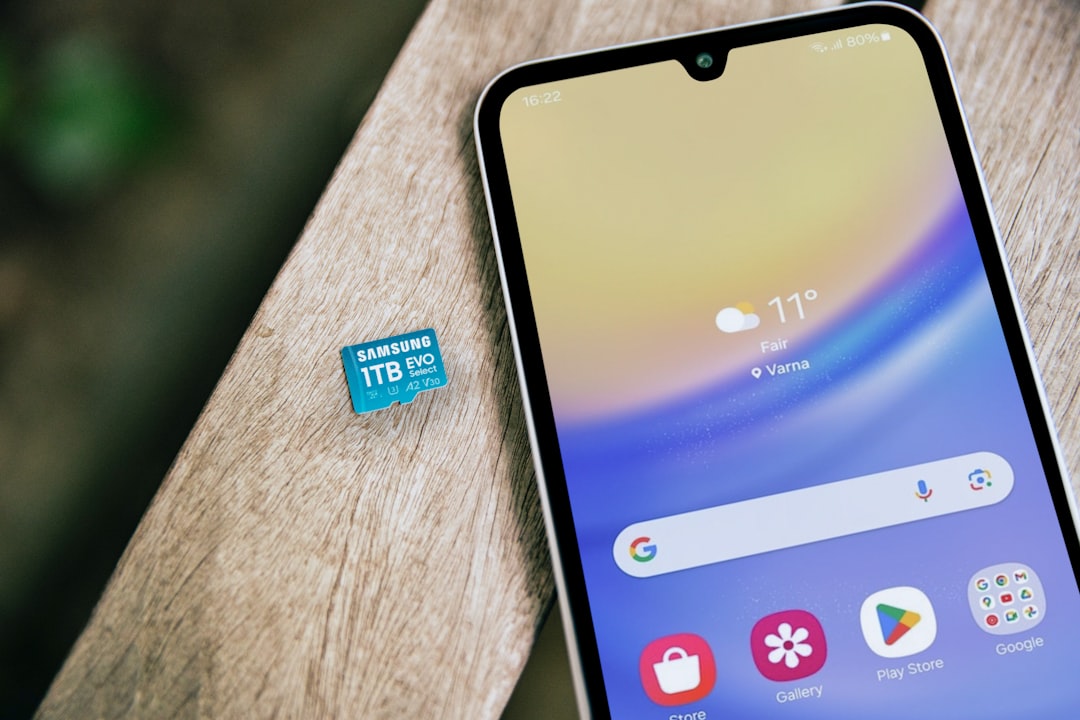In Clarkson, Nebraska, businesses engaging in telemarketing must comply with state and federal laws, including the Telemarketing Sales Rule (TSR) by the Federal Trade Commission (FTC). This involves obtaining explicit consent, honoring "Do Not Call" lists, and ensuring proper staff training to avoid penalties. Consulting a lawyer specializing in Do Not Call Laws Nebraska is crucial for compliance management, dispute resolution, and legal risk mitigation. These professionals provide guidance on best practices for consent acquisition, record-keeping, and navigating regulatory changes, helping businesses maintain customer trust and protect their reputation while avoiding substantial fines.
In Clarkson, Nebraska, understanding telemarketing laws is crucial for businesses aiming to navigate this regulated landscape successfully. This comprehensive guide delves into the intricacies of telemarketing regulations, focusing on the Do Not Call Registry’s impact and consent requirements. Learn how to ensure compliance with enforcement expectations and discover the importance of selecting the right legal representation for Nebraska’s Do Not Call Laws. Optimize your business practices and avoid legal pitfalls by mastering these essential guidelines.
Telemarketing Laws in Clarkson, Nebraska: An Overview

In Clarkson, Nebraska, telemarketing laws are governed by both state and federal regulations, designed to protect residents from unwanted sales calls. The Telemarketing Sales Rule (TSR), implemented by the Federal Trade Commission (FTC), sets national standards for telemarketers, including restrictions on call times, disclosure requirements, and opt-out provisions. Nebraska’s Do Not Call Laws further bolster these protections, providing additional safeguards for its citizens.
Business operating in Clarkson must comply with these laws to avoid penalties. This includes obtaining explicit consent before making sales calls, honoring registered “Do Not Call” lists, and ensuring proper training and monitoring of telemarketing practices. A lawyer specializing in Do Not Call Laws Nebraska can offer invaluable guidance on navigating these complex regulations, helping businesses establish compliant procedures and mitigate legal risks associated with telemarketing activities.
The Do Not Call Registry: How It Affects Telemarketers

In Clarkson, like in many places across the US, the Do Not Call Registry plays a significant role in regulating telemarketing practices. This national registry allows consumers to opt-out of receiving unsolicited sales or promotional calls from telemarketers. Businesses that fail to adhere to these rules can face severe legal consequences, including fines and lawsuits. A lawyer specializing in Nebraska’s Do Not Call Laws is crucial for ensuring compliance and managing potential disputes.
Telemarketers must respect the choices made by individuals listed on the registry. Any call made to these numbers without prior consent from the recipient is a violation. Businesses are encouraged to implement robust internal policies and training programs to educate staff about these regulations. Engaging the services of a legal expert in this field can help businesses navigate the complexities of telemarketing laws, protect their reputation, and avoid costly penalties.
Permissible Calls and Consent Requirements

In Clarkson, like in many places across Nebraska, telemarketing activities are regulated to protect consumers from unwanted or deceptive calls. Permissible calls under the Do Not Call Laws must be made with consent from the recipient. This can include explicit verbal consent, written agreement, or certain exceptions such as calls from non-profit organizations or government agencies.
A lawyer specializing in Nebraska’s Do Not Call Laws is a valuable resource for businesses engaging in telemarketing. They can help ensure compliance by advising on obtaining valid consent, maintaining accurate records of call permissions, and understanding the penalties for violating these laws. Businesses should also be aware that failure to adhere to these regulations can result in significant fines and damage to their reputation.
Compliance and Enforcement: What to Expect

Compliance with telemarketing laws in Clarkson, Nebraska, is crucial for businesses to avoid legal repercussions and maintain customer trust. The Do Not Call Laws, enforced by the Federal Trade Commission (FTC), prohibit unwanted telephone solicitations to residents who have registered their numbers on the National Do Not Call Registry. Businesses must ensure their calls fall within permissible categories, such as calls made with prior express consent or for certain types of transactions.
Enforcement of these laws can involve investigations by the FTC and state attorneys general, leading to substantial fines for non-compliance. A lawyer specializing in Do Not Call Laws Nebraska can help businesses navigate this regulatory landscape. They can assess your telemarketing practices, ensure compliance, and provide guidance on how to implement policies that protect against unintended violations. This proactive approach not only helps avoid legal penalties but also builds a reputation for ethical business conduct.
Choosing the Right Legal Representation for Telemarketing

When it comes to navigating the complex landscape of telemarketing laws in Clarkson, Nebraska, having the right legal representation is paramount for businesses aiming to stay compliant and avoid costly penalties. The Do Not Call Laws in Nebraska are designed to protect consumers from unwanted sales calls, and businesses must adhere strictly to these regulations. This involves understanding when and how to obtain proper consent, respecting consumer opt-out requests, and ensuring compliance with the state’s specific regulations.
Engaging a lawyer specialized in Do Not Call Laws for Nebraska is advisable for several reasons. Such legal professionals possess in-depth knowledge of the latest regulatory changes and can guide businesses through the intricacies of compliance. They can help draft clear consent forms, provide training to staff on consumer rights and responsibilities, and offer strategic advice on how to manage and track consumer opt-out requests effectively. With their expertise, businesses can minimize risks, avoid legal pitfalls, and maximize the effectiveness of their telemarketing campaigns while ensuring they respect consumer privacy and preferences.






